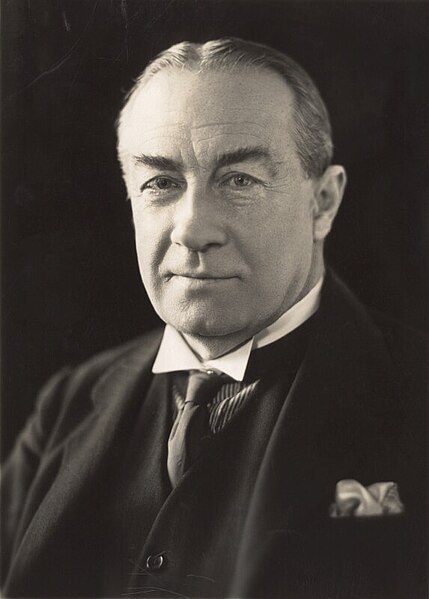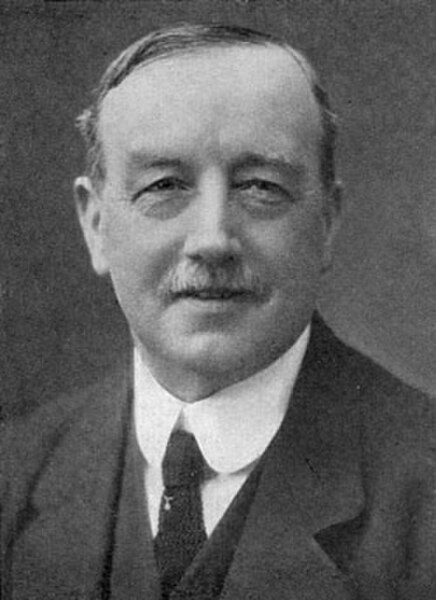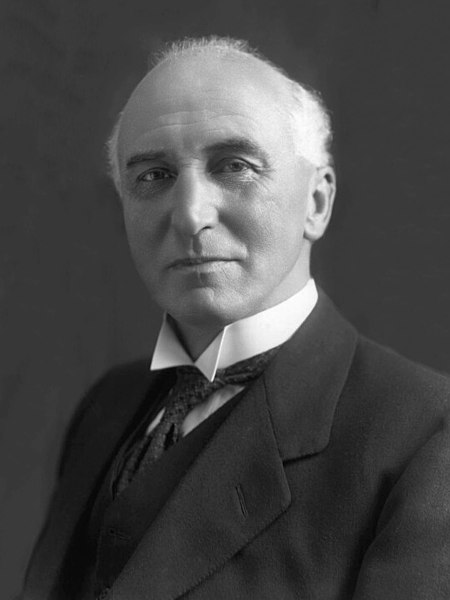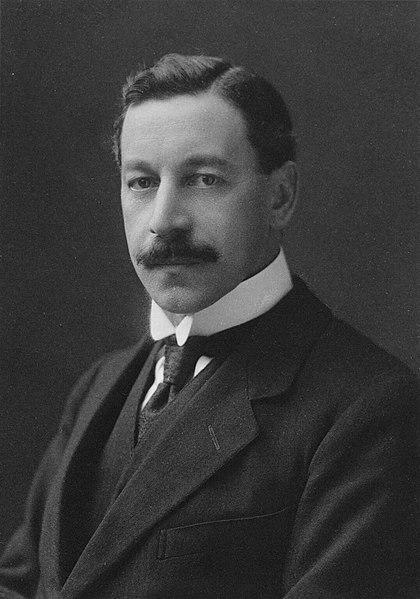1931 United Kingdom general election
The 1931 United Kingdom general election was held on Tuesday 27 October 1931 and saw a landslide election victory for the National Government which had been formed two months previously after the collapse of the second Labour government. Collectively, the parties forming the National Government won 67% of the votes and 554 seats out of 615. Although the bulk of the National Government's support came from the Conservative Party and the Conservatives won 470 seats, National Labour leader Ramsay MacDonald remained as Prime Minister. The Labour Party suffered its greatest defeat, losing four out of every five seats compared with the previous election, including the seat of its leader Arthur Henderson. Ivor Bulmer-Thomas said the results "were the most astonishing in the history of the British party system". It is the most recent election in which one party received an absolute majority of the votes cast, and the last UK general election not to take place on a Thursday. It would be the last election until 1997 in which a party won over 400 seats in the House of Commons.

Image: Stanley Baldwin 1932
Image: Arthurhenderson
Image: Viscount Simon
Image: Herbert Samuel
National Government (United Kingdom)
In the politics of the United Kingdom, a National Government is a coalition of some or all of the major political parties. In a historical sense, it refers primarily to the governments of Ramsay MacDonald, Stanley Baldwin and Neville Chamberlain which held office from 1931 until 1940.
Ramsay MacDonald was Prime Minister for the first four years of National Government
Stanley Baldwin was a dominant figure from the outset of National Government. He became Prime Minister when MacDonald retired.
Neville Chamberlain had succeeded Baldwin as Prime Minister in 1937
Winston Churchill succeeded Chamberlain in 1940. He served as prime minister for most of the Second World War.








